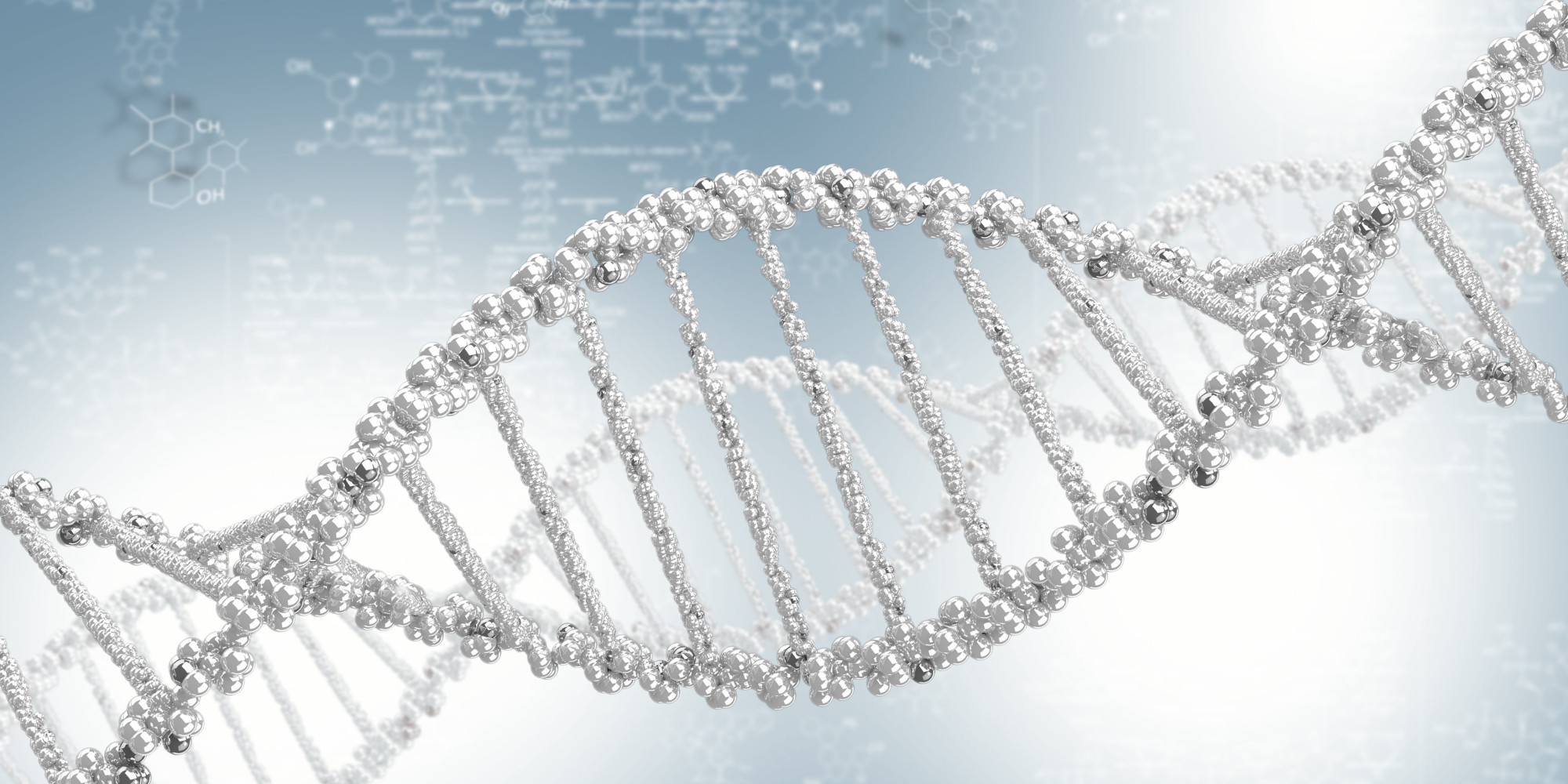This is not my post, but I wanted to share.
You can find the full version of it here:
The Wanderlust Gene: Why Some People Are Born To Travel
You can read about it here too.

There are
some people who never feel the urge to leave the house. They’re content to stay
in the city they came from, the couch they sit on, and the 360 degrees that
immediately surround them.
Then there’s
the rest of us: the people who can’t sit still, and always keep their passports on them – just in case.

Whether you
call it wanderlust,
a love of travel or regular old curiosity – the fact
remains the same: Your hunger to explore simply cannot be quenched, no matter
how many vacations or journeys you take.

For you,
there’s always something new to see, something different than you’re used to.
You enjoy day trips, but you also realize there’s only so much you can see in
24 hours.


The inherent urge to travel can be traced back to one
gene, which is a genetic derivative of the gene DRD4, DRD4-7R, which is associated with
the dopamine levels in the brain.
In reality,
however, those who carry this genetic information typically share one common
theme, a history of traveling.

The gene is
not all too common; in fact, it’s only possessed by about 20 percent of the
population.
Assuming
that all forms of human life originated in Africa, Chaunsheng Chen, who
conducted a study in 1999, supported the premise that “the DRD4-7r form of the
gene is more likely to occur in modern day societies where people migrated
longer differences from where we first originated in Africa many thousands of
years ago.”
In short,
here, Chen implies that civilizations that have diverged further from Africa,
the theoretical origin of mankind, are allegedly more susceptible to being
carriers of this mutant DRD4-7r gene that is linked to “curiosity and
restless.”
A separate
study done by David Dobbs of National Geographic supported these findings – and
provided reason not to just draw the link to curiosity and restlessness, but
specifically a passion for travel.
According to
Dobbs, the mutant form of the DRD4 gene, 7r, results in people who are “more
likely to take risks; explore new places, ideas, foods, relationships, drugs,
or sexual opportunities,” he went on to say that bearers of this gene,
“generally embrace movement, change, and adventure.”
In line with
Chan, Dobbs also linked the 7r mutation of the DRD4 gene to human migration.

With that
said, there still is reason to doubt this “travel gene,” at least in the mind
of Kenneth Kidd of Yale University.
“Genetics doesn’t work that way,” Kidd suggests, “You just can’t reduce
something as complex as human exploration to a single gene.”
So, while
you might have the urge to quit work and travel for the next few months claiming you have this wanderlust gene – stop - and make sure you’re thinking rationally.
But,
know this:

...

No comments:
Post a Comment